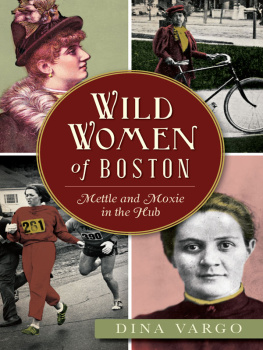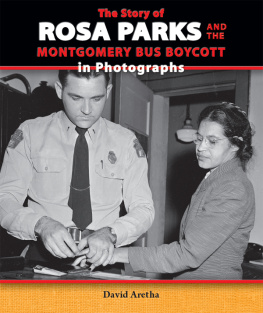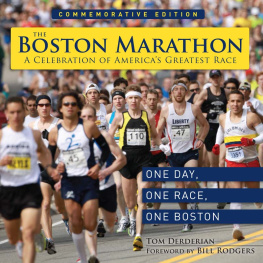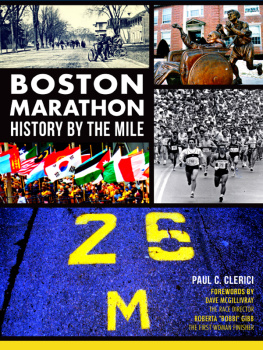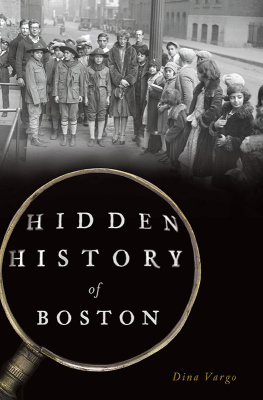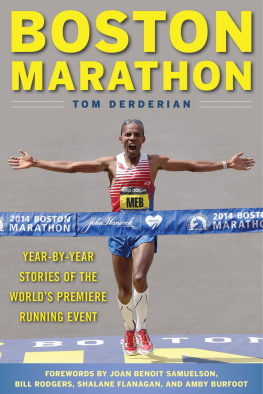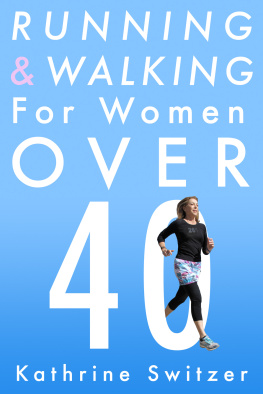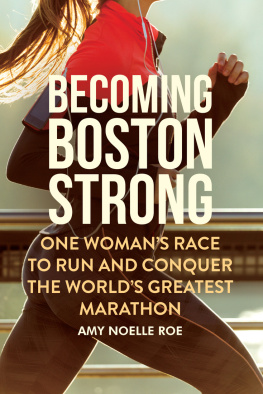


Published by The History Press
Charleston, SC 29403
www.historypress.net
Copyright 2015 by Dina Vargo
All rights reserved
First published 2015
e-book edition 2015
ISBN 978.1.62585.308.0
Library of Congress Control Number: 2015932920
print edition ISBN 978.1.62619.795.4
Notice: The information in this book is true and complete to the best of our knowledge. It is offered without guarantee on the part of the author or The History Press. The author and The History Press disclaim all liability in connection with the use of this book.
All rights reserved. No part of this book may be reproduced or transmitted in any form whatsoever without prior written permission from the publisher except in the case of brief quotations embodied in critical articles and reviews.
To Mum and Dad
Thanks for all the family trips to Gettysburg and Williamsburg
For my original Wild Woman, Helen Junda
CONTENTS
ACKNOWLEDGEMENTS
Appreciation, gratitude and countless thanks are in order for the many who helped me with this project. Let me start by thanking the entire Boston By Foot organization, led by Samantha Nelson, Veronika McDonald King and Bostons best volunteer tour guides. Thanks for creating a place for me to geek out on history.
Allow me to raise a glass of Madeira to my Graveyard GirlsMargaret Bratschi, Judy Glock, Gretchen Grozier and Heather Pencefor their encouragement, input and, above all, friendship.
There would be no book without the resources provided by the Boston Public Library, in particular Aaron Schmidt in the Print Department, as well as the American Antiquities Society; the Museum of Fine Arts, Boston; the Massachusetts Historical Society; and the Art Resource.
Id like to also thank my commissioning editor at The History Press, Tabitha Dulla, for making this a smooth and enjoyable experience.
For the short time that Ive known Malini Biswas, Im especially indebted to her for her kindness, patience and home cooking. Thanks also to Michele Meltzer, who listened to my tales on our almost daily runs, and Sharon Callahan for her friendship and support.
Finally, I owe an enormous debt of gratitude and special thanks to Sally Ebeling, who provided invaluable guidance and editing advice. I am forever grateful.
INTRODUCTION
Writing a Wild Women of Boston book would seem to be almost a nobrainer. There are countless female firebrands, matronly mavericks and rabble-rousing reformers throughout Bostons history who could literally fill a book, or two or three. For example:
The first African American poet in Americas history? Phyllis Wheatley.
The only Mayflower passenger to make her way to Boston? Mary Chilton is buried in Kings Chapel Cemetery.
The first African American female doctor and registered nurse? Rebecca Lee Crumpler and Mary Eliza Mahoney.
Writers of classic literature? Authors Louisa May Alcott and Harriet Beecher Stowe both wrote and lived in Boston.
Looking for the leader of the campaign to make Thanksgiving a national holiday? Give thanks to Sarah Josepha Hale.
Searching for suffragettes? My vote goes to Julia Ward Howe, Lucy Stone and Maud Wood Park.
Teachers of the blind? Annie Sullivan taught Helen Keller after being educated at the Perkins School for the Blind in South Boston.
Nobel Peace Prize winners, scientists, doctors and nurses. Architects, composers and artists. Writers and teachers. Collectors and patrons. Entrepreneurs. Abolitionists. Reformers. Boston has many women to be proud of. There is a Boston Womens Heritage Trail with no fewer than sixteen self-guided walks through almost as many Boston neighborhoods. Boston is not lacking in celebrating the impact of women on its history.
This, however, is not one of those books. Or at least not traditionally so.
Wild Women of Boston goes off the beaten path of the usual array of celebrated women. Although there is some overlap, Wild Women focuses on the outliers who dont get as much attention. Some of these women are perhaps better left unknown, like Alice Thomas, the Massachusetts Bay Madam. Nightmare Nurse Jolly Jane Toppan murdered so many people while claiming to care for them that she forgot how many exactly shed killed. Rachel Wall was a thief and pirate. And even though Salem gets all the notoriety for trying witches, Boston hanged its fair share too.
Then there are those under-the-radar women like Elizabeth Murray and the Cuming sisters who were entrepreneurs in colonial Boston. Mercy Otis Warren did her job to galvanize the public in supporting independence from England in the run-up to the Revolutionary War. Sarah Parker Remond refused to be moved over one hundred years before Rosa Parks boarded a bus, and Kathrine Switzer ran her own rogue marathon in Boston.
Save the murderers, thieves and adulterers, many of these women had a lot in common. None of them really set out to be maverickswell, except for Isabella Stewart Gardner, who was a natural at thumbing her nose at Bostons elite while they had no choice but to bow to her wishes. Most of these women found themselves in extraordinary circumstances and had the fortitude to meet their challenges head on. They by and large claimed no wish or need for the spotlight. One can picture Mary Brown Patten shrinking after being lionized in the newspapers after she piloted a clipper ship around Cape Horn in the stormiest of winter seasons. She died in practical anonymity, and she wanted it that way. Others were concerned about not stepping out of proscribed boundaries; Mercy Otis Warren in part wrote anonymously because her writing would not have carried the weight that it did if people knew she was a woman. Harriet Hemenway and Minna Hall put the leadership of the Audubon Society in the hands of men, knowing they faced the same problem as Mercy. And that was over one hundred years later! And our most modern of Bostons wild women sits quietly by the sea, secure in the fact that she got her job as the nations first and only female U.S. Coast Guard lighthouse keeper because she was the best person for it. Have we come a long way, baby? Theres hope yet.
There are most likely countless additional stories that are waiting to be told and stories that are still being made every day. Carry on, wild women of Boston!
Chapter 1
WITCHES AMONG US
Ann Hibbens and Goody Glover
Imagine calling a contractor to do some work around your house. It may have taken some time and effort to get the contractors quote, and it may have taken making multiple calls to multiple contractors (for some reason, this is never easy!). But finally you hire a contractor for your prescribed scope of work and price, and then you proceed. The contractors work is fine but unfinished. Promises are made to come back to complete the job. Still, the invoice arrives at double the amount of the quote. The work is unfinished! The price is too high! What do you do?
Nowadays, you would make no bones about calling the contractor and arguing the point of paying when the work is complete. You would argue for the agreed-upon price. If you werent satisfied, you might call the Better Business Bureau to file a complaint. In your frustration, you might put a negative review of the contractor on a website. You might even go to court. Taking these any of these actions are well within your twenty-first-century rights. But a woman in the 1650s who did something similar and publicly asserted herself risked being excommunicated from her church and maybe even hanged for witchcraft.
Next page
